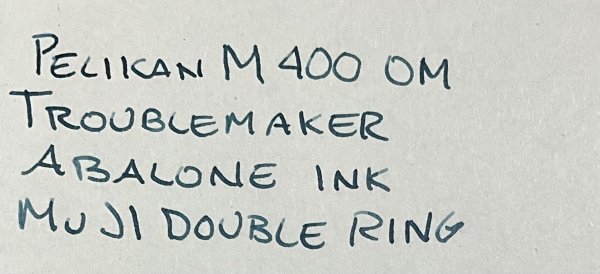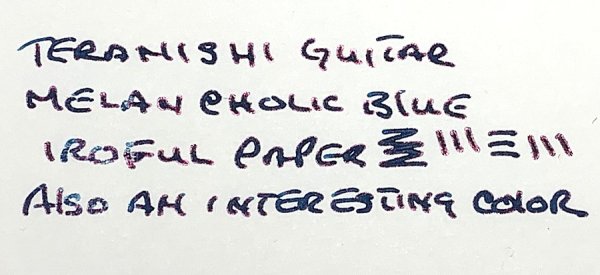Contracts and ink
-
Forum Statistics
357.4k
Total Topics4.7m
Total Posts -
Member Statistics
129,903
Total Members18,857
Most OnlineNewest Member
MaryOa
Joined -
Images
-
Albums
-
more1
- By AmandaW,
- 0
- 0
- 25
-
Ink testing pages 2025
- By Penguincollector,
- 0
- 0
- 59
-
dgc01
- By kestrel,
- 1
- 5
- 49
-
USG 22
- By USG,
- 0
- 0
- 77
-
Andrew Lensky Arts
- By Andrew_L,
- 4
- 25
- 98
-















.thumb.jpg.f07fa8de82f3c2bce9737ae64fbca314.jpg)









Recommended Posts
Create an account or sign in to comment
You need to be a member in order to leave a comment
Create an account
Sign up for a new account in our community. It's easy!
Register a new accountSign in
Already have an account? Sign in here.
Sign In Now